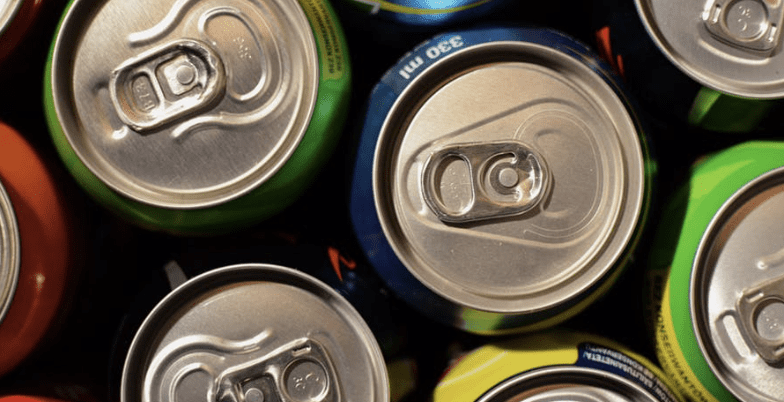Before you reach for a cup of coffee to alleviate your headache, did you know caffeine could actually make it worse?
Yes, we all want fast relief, but here’s the thing: not all headaches are created equal. Most pain relievers do contain a small dose of caffeine, though, so…where does that leave us, exactly?
Photo Credit: Pexels, Nathan Crowley
Before we dive into how caffeine works, let’s talk about the causes of a headache. A headache is essentially a tightening of blood vessels, muscles, and nerves in the head and neck. This can be caused by stress, high blood pressure, anxiety, and more. Other reasons are generally secondary, such as a concussion or dehydration.
For the run of the mill headaches, caffeine can release this tension and lower inflammation – but when you ingest caffeine in excess (through medication or coffee), those same symptoms can resurface. Here’s the thing: caffeine affects everybody differently. So if even though a cup of coffee cures my headaches toot-sweet, it may make yours even worse.
A high caffeine intake constricts blood vessels, and when the vessels open back up a rebound effect can occur. Or on the flip side, muscles and nerves can over-tighten, leaving the headache worse. It all depends on the unique chemical reactions happening in your body.
Ouch.
So what can you do?
Caffeine is not a one-size-fits-all solution. Each person has a unique chemical makeup and they should be aware of how caffeine interacts with their bodies. According to Kiran Rajneesh, who is the director of the neurological pain division at the Wexner Medical Center at Ohio State University, “Some people are more genetically predisposed to be sensitive to caffeine.”
There are other natural remedies for headaches, such as a cold compress, a nap, or quiet time in a dark room, that can help those with a caffeine sensitivity. You may also want to avoid nicotine, alcohol, and prolonged screen time.
What about those who can fight headaches with caffeinated beverages?
Photo Credit: Pexels, Breakingpic
Great question. First of all, good for you! But there are some caveats…
You should remain cautious of the type of drink you choose and the amount. For example, there’s caffeine in coffee, sodas, and energy drinks – but energy drinks have additional agents called neurostimulants that can wreak more havoc than good.
Rajneesh advises against energy drinks because “neurostimulants…can worsen your headaches.”
Coffee contains around 106 to 164 milligrams of caffeine per 5-ounce cup. Most sodas have less, capping out around 38 to 46 milligrams per 12-ounce can, but are higher in sugars and other chemicals. Coffee or tea seem to be the safest bets if you are trying to help a headache.
The best remedy depends on the person.
So what does all this mean? It means all people are different and what works for one person may not for another. If you track your headaches and find caffeine worsens them, try other forms of medication like ibuprofen or aspirin. If you experience chronic headaches, it’s best to consult with a physician. Don’t forget though – simple things like drinking more water and sticking to a better sleep schedule can alleviate tension headaches as well.
Don’t forget to take care of yourself. It may seem silly, but it is totally possible for headaches to be caused my lifestyle habits rather than medical issues – so a little self-care can go a long way!
The post Apparently, Caffeine May Cause Headaches… And Also Help Cure Them appeared first on UberFacts.


